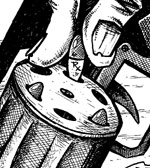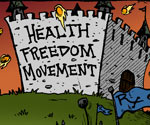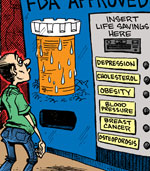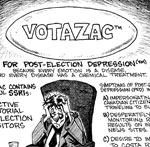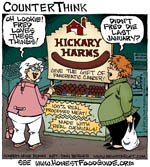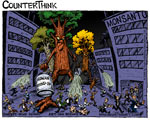Zinc Supplements - The Kinds of Zinc for Different Nutritional Objectives
| Share on Facebook | Share on Twitter | Share on Google+ |
Zinc has far-reaching effects in human health. Although zinc is best known as a treatment for the early stages of colds and flu, it's essential for over 300 enzymes the body uses to regulate every aspect of human physiology. Zinc is needed for healthy bones and teeth in children and adults, for male fertility, and for healthy skin.
The key roles of zinc in human health are:
- Forming part of the copper/zinc superoxide dismutase system, which captures free radicals of oxygen and turns them into harmless hydrogen peroxide, before they can damage DNA, especially in the brain.
- Helping cells form enzymes that "lock out" viral infections.
- Creating the enzymes bone marrow needs to make blood cells.
- Assisting the progress of sexual maturity in both boys and girls and giving the sperm "swimming ability" to reach the egg.
- Helping the skin heal after wounds, and keeping the skin impervious to infection.
Some experts estimate that, worldwide, about 2 billion people suffer health problems caused by deficiencies of zinc in the diet. Adult women need at least 8 milligrams of zinc per day, adults men at least 11 milligrams. Women who are pregnant or breastfeeding need 14 milligrams per day, and children need 3 to 10 milligrams.
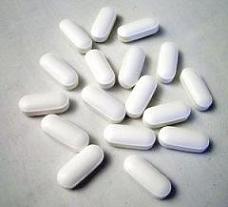 Zinc deficiencies are more common among vegans than the rest of the population. That's because the phytates in otherwise healthy whole grains and vegetables capture zinc, iron, and calcium, binding them to the stool, and keeping them from entering the bloodstream.
Zinc deficiencies are more common among vegans than the rest of the population. That's because the phytates in otherwise healthy whole grains and vegetables capture zinc, iron, and calcium, binding them to the stool, and keeping them from entering the bloodstream.Taking a nutritional supplement with at least 15 milligrams of zinc every day is the easiest way to prevent deficiency. But which kind of zinc is best?
Here are the Five Things about Zinc Every Consumer Needs to Know.
- Zinc oxide is for application to the skin. It blocks the full spectrum of skin-damaging ultraviolet radiation from the sun. You'd never take a zinc oxide supplement by mouth, however.
- Zinc gluconate is the product to look for in a colds lozenge, but, generally speaking, if the lozenge leaves a bitter or metallic aftertaste, no matter what the form of zinc used, it's working for you. When you use zinc lozenges, you aren't trying to increase the amount of zinc in your body. You are just trying to protect the lining of your throat and nose from the virus-so be sure to suck on the lozenge, not chew it, and don't take nutritional supplements containing zinc if you are using zinc for colds.
- Zinc sulfate is the form of zinc to look for in children's supplements. It's also the form of zinc best for men trying to boost their sperm counts or sperm motility.
- Zinc interferes with the absorption of other minerals. If you take zinc, be sure you also get supplemental copper and magnesium. Zinc also interferes with the absorption of iron, but you should not take supplemental iron unless a blood test shows you are iron-deficient. About 1 to 2 per cent of the population of Europe and North America has a condition called hereditary hemochromatosis, in which iron supplements can have deadly consequences.
- Any dosage of zinc over 100 milligrams a day can create problems if continued for more than two weeks. When it comes to zinc, more is not always better.
Syrups and sprays usually aren't the best way to use zinc. They don't protect the lining of the throat and nose from viral infections, and the zinc in liquid vitamins can oxidize the vitamins, deactivating them, if the bottle is not closed tightly after each use.
-
Skin CareMen Skin Care
-
Free ResourcesFree eBooks
-
The... patient should be made to understand that he or she must take charge of his own life. Don't take your body to the doctor as if he were a repair shop.Quentin Regestein
-
Featured Health Supplement
 The restoration and maintenance of normal organ and brain function and a strong immune system is the key to vibrant health and in
avoiding premature-aging!
The restoration and maintenance of normal organ and brain function and a strong immune system is the key to vibrant health and in
avoiding premature-aging!
-







